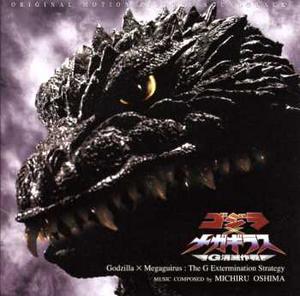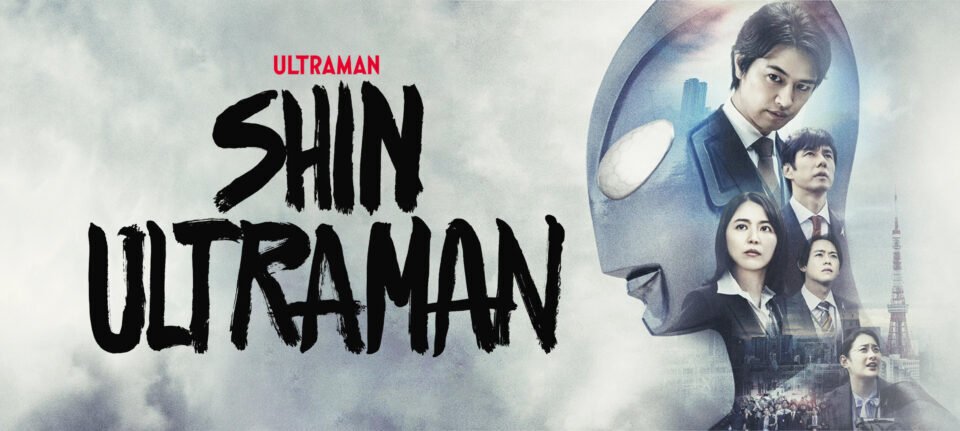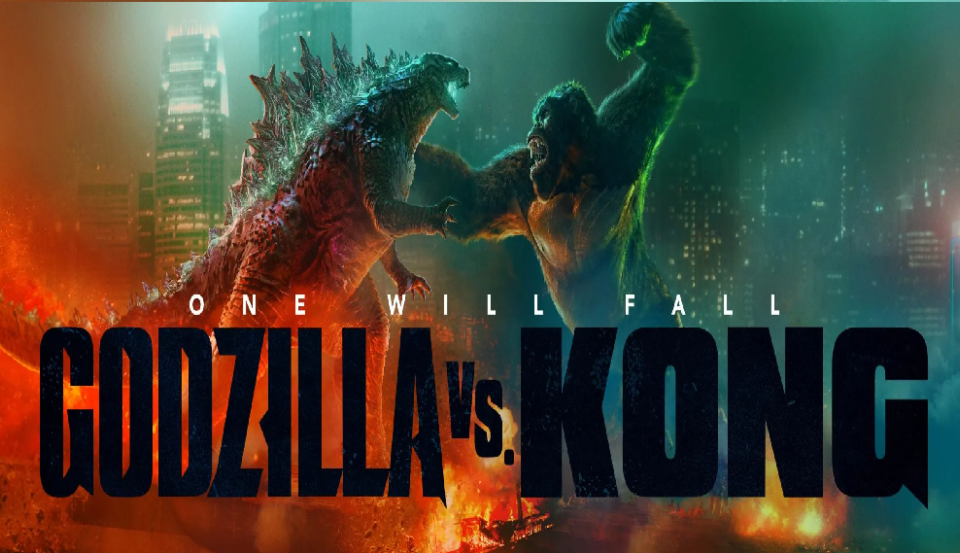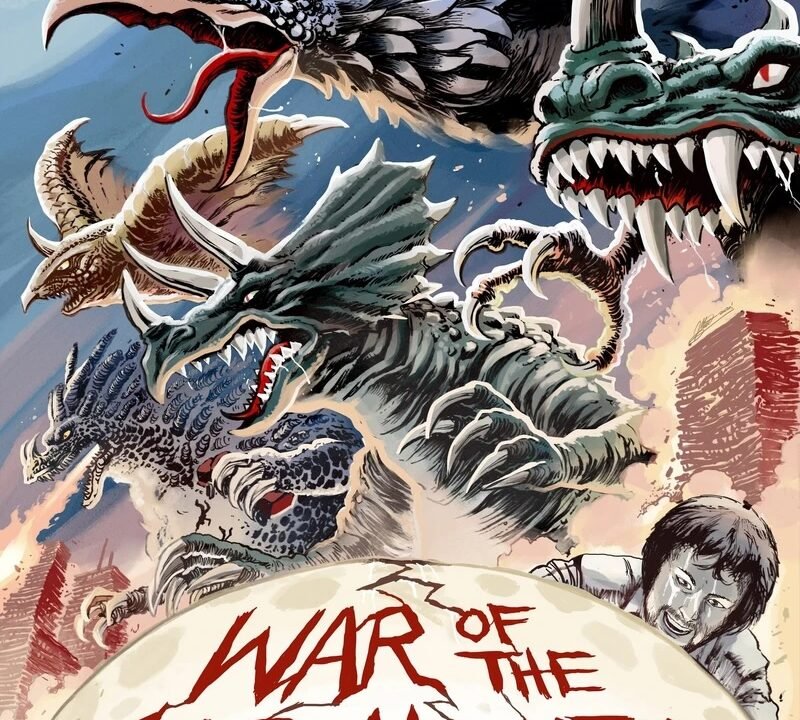Planet X Control Room: Episode 64
September 3, 2014PXCR Total Axess: Gamera vs. Barugon
September 13, 2014Michiru Oshima makes her debut scoring Godzilla X Megaguirus. Oshima also has the distinct honor of being the first, and so far the only, female to compose a Godzilla score.
Many fans consider Oshima’s work to be some of the best in the franchise, but only behind Akira Ifukube of course. Fans have cited her Godzilla theme as being one of the more iconic themes in the series and her attempts at capturing the action on screen is reminiscent of the Great Maestro, but with her own flare.
I must say that I’ve always found Godzilla X Megaguirus to be a lackluster film. There simply not a lot there. I find that there are some fantastic ideas, and some of them are explored; but, for the most part, I find that it falls short of achieving what could have been one of the most original and dynamic entries in the series since Gojira.
But the score is far from flat. Unlike the movie, the score is highly entertaining, powerful, and anthematic. It must be stated that quite a few of the cues Oshima uses here will be recycled in the two Mechagodzilla (Kiryu) movies two and three years later. She does make this score unique from those, however.
Track 24, “Submerged Shibuya,” is one of those tracks that adds the unique spark for this particular outing for Oshima’s triad of Godzilla scores. This cue will end up becoming the Meganula theme and, to a lesser extent, also Megaguirus’s theme. It’s a frantic track that illustrates the vast number of insects that are swarming the flooded district of Shibuya in Tokyo; and, later, the Meganulas’ attack themes.
Her Godzilla theme makes its debut on Track 4, “1996: Godzilla Attacks Osaka.” I have to admit that this track is definitely memorable and, I believe, her most memorable theme out of all three of her Godzilla scores. That’s not to say that the other tracks pale in comparison, no, but, of course, repetition plays a role and the fact that it is always used when Godzilla is on the move in any Oshima-scored Godzilla movie. It captures the immensity of the Kaiju King as well as his power.
Tracks 38 and 40-42 are the various cues used during Godzilla and Megaguirus’s final battle. They definitely bring the drama and help to add to the mighty battle to the death. These tracks are also among some of my favorites of hers and have a decent running time, usually a couple minutes at least. Not only that, they work well as standalone pieces as well.
Track 45, “Kiriko’s Decision,” is a bit of a mix of Godzilla’s theme and the riffs from the Godzilla and Megaguirus fight. It’s an energetic piece that is great to listen to on its own and is a great theme; something that I am more fond of than slower, more somber pieces but that’s simply personal preference.
The “End Credits,” track 48, has a great starter with an exceptionally brief string introduction before going into a more familiar Godzilla theme that has some adjustments to it. Like “Kiriko’s Decision,” this track is just great by itself and probably my favorite on the disc that involves Oshima’s Godzilla theme.
Akira Ifukube is on the disc, too. “1954: Godzilla Attacks Tokyo–Reconstruction” is the Maestro’s signature Godzilla theme lifted from Godzilla vs. Mechagodzilla II and “Godzilla Lands in Odaiba” is lifted from Godzilla vs. Destoroyah. These are tracks 2 and 37 respectively. So Ifukube fans have something to look forward to on this score.
Michiru Oshima’s score to Godzilla X Megaguirus brings a signature to the series that is undoubtedly memorable. Most of her tracks of of decent length although some of them are short as well. The extras on the disc really don’t add anymore than, at best, 4 minutes to the overall runtime. But they are some interesting cues. Her Godzilla theme is definitely the most memorable since we are so accustomed to hearing it in three of the six Millennium films. She distinguishes this score from the Mechagodzilla films she’ll end up scoring a couple of years later. And this score is different enough from those that I would say it is worth grabbing this score; especially with the frantic tracks she uses for the Meganulas. The powerful Dimension Tide themes, which I didn’t mention up until now, are powerful themselves, but run a bit on the short side.
Overall, this is a score worth picking up. Oshima made her debut a terrific and memorable one and it’s very easy to see why she would come back for two more movies. Unlike the movie for which is complements, Oshima’s Godzilla X Megaguirus score is entertaining and a fantastic!





